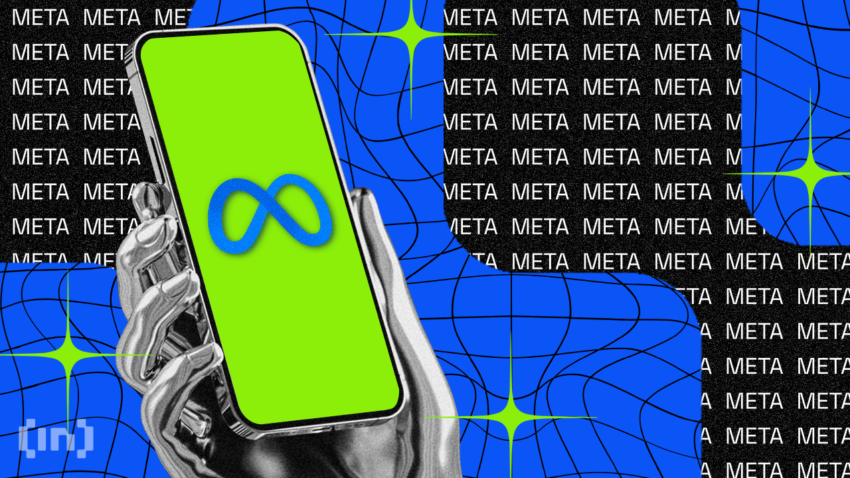Facebook parent Meta is reportedly in talks with social media giant Tencent to distribute its Meta Quest VR headset in China after Tencent halted its metaverse plans.
According to a Reuters report, Meta resumed talks with Tencent over a distribution deal in recent months, following an initial discussion in 2022.
Meta Targets VR Manufacturer Pico’s Backyard
Should Tencent partner with Meta, the Quest VR headset would compete directly with Pico, a headset manufactured by Tencent competitor ByteDance. ByteDance is the firm behind the famous short video-sharing social media app TikTok which competes directly with Meta’s Instagram and Facebook.
Meta ceded 15% of its VR headset market share to Pico in Q3 2022, as its Meta Quest headset sales fell 48% year-on-year. The Facebook parent earned more than a million dollars from its burgeoning app store that now has at least 400 apps, while Pico is still finding its feet, with around 200 apps. After being acquired by ByteDance, Pico shifted its focus from business applications akin to Microsoft HoloLens to consumer headsets which have proven popular in Europe.
Famous for its gaming prowess, Tencent itself recently abandoned plans to develop its own metaverse-related extended-reality technology. Its 300-person team had reportedly been advised to find other work as the metaverse plans no longer fit the firm’s long-term vision.
Horizon Worlds Under Revamp as Meta Battles Declining Engagement
Meta’s flagship metaverse app, Horizon Worlds, is undergoing a significant revamp to target and retain users aged 13-17 after January engagement numbers revealed a weekly user retention rate of just 11%.
Now, the social media giant is enlisting other studios to create about 20 unique Horizon Worlds metaverse experiences, of which it hopes one will become extremely popular. It also wants to bring 2-D metaverse experiences to mobile and increase monthly metaverse users to 150,000 by the middle of 2023. As part of its metaverse expansion, it is looking to integrate Horizon Worlds with WhatsApp, which has 100 million users who have already created avatars for the metaverse.
Despite revenue from Meta’a metaverse-focused Reality Labs division falling 17% in Q4 2022 and the bleeding of users from Instagram and Facebook to TokTok, Meta has introduced a new Meta Verified subscription service to verify their user accounts against national registries.
This new product comes after users complained about fake accounts. It will be available for $11.99 for those who sign up using a web browser, while those signing up through the Android and Apple app stores will pay $14.99. Subscribers will also have access to expedient customer service.
Meta has faced scrutiny over products targeting teens after damning research slammed Instagram for contributing to the suicide rate of teenage girls, which may make its market pivot to a younger demographic controversial.
While U.S. regulators have remained largely silent on the issue of regulating the metaverse, lawmakers in Europe signaled their intent to do that in a letter of intent published in September 2022.
Last year EU Commission president Ursula von der Leyen said the bloc would present an “initiative on virtual worlds” in 2023.
For Be[In]Crypto’s latest Bitcoin (BTC) analysis, click here.
Disclaimer
In adherence to the Trust Project guidelines, BeInCrypto is committed to unbiased, transparent reporting. This news article aims to provide accurate, timely information. However, readers are advised to verify facts independently and consult with a professional before making any decisions based on this content. Please note that our Terms and Conditions, Privacy Policy, and Disclaimers have been updated.


